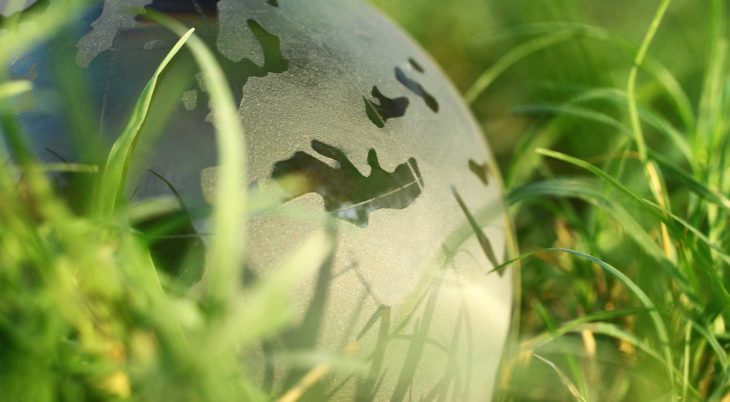Tourism is a very significant factor in social and economic branches. Its rapid expansion has harmed the environment in many areas. For most countries who want to develop this economic branch, massive tourism belongs to history. Today, these countries want to develop their tourism and ensure their sustainability in the future. That is why alternative forms represent an essential orientation for the further development of tourism.
You have probably heard of the term “green tourism”. It has gained its popularity as one of the measures against the negative impacts that tourism has on nature. As part of the green economy, green tourism has a significant orientation towards the local culture and natural environment. This implies a more efficient use of energy and water, waste systems improving, and contribution to sustainable rural development.
Contents
Green Tourism As Part Of A Green Economy
In recent years, a need for building a new development model known has appeared. It is known as the “green economy”. A green economy is a tool for sustainable development. It represents a strategy for achieving prosperity for people and the entire planet. But, without social justice, sustainable development is impossible to achieve. Without good management of the natural resources, of which our economies, including tourism, live – we cannot count on any prosperity. Tourism is the third most important economic branch in the world after the oil and car industry. It is one of the fastest-growing industries.

Source: scmp
Why Is Green Tourism Important?
In past decades, many negative environmental effects began to emerge. It is mostly due to the indiscriminate and unplanned growth of infrastructure in many countries. If we want a sustainable future where tourism will not endanger the natural environment, we must turn to the development of sustainable tourism. Touristic countries must find a new way of functioning. The model that should be based on so-called “alternative tourism”. This generic term encompasses various forms of tourism. In the first place, it refers to eco, soft, responsible, sustainable and, finally, green tourism. These forms of tourism are mainly defensive, naturally oriented, and environmentally responsible.
Sustainable Tourism
After World War II the great rise in tourism caused extremely negative consequences. Especially on nature and the environment. This was quite an alarm. Generally, tourism had to be placed somehow under the sustainable development concept. According to MelbournePrivateTours, environmental protection cannot be isolated from this concept anyway. It is the basic element of such a concept. Therefore, it also needs sustainable development. When defining sustainable tourism, we must emphasize this fact: This is not just one type of tourism. It is a set of principles that can be applied throughout the whole tourism sector. These principles include:
- increasing the use of renewable energy sources
- less water wasting, reduction of waste and bioproducts usage
- conservation of biodiversity, preserving traditional and cultural values
- support for intercultural tolerance
- integration of local groups
- the ability of companies to make long-term investments

Source: globalbasecamps
Green tourism
Though the central features of green tourism are similar to ecotourism, they are still very different. It’s true, they both have nature in focus. However, ecotourism targets a particular population willing to learn about the natural environment. On the other hand, green tourism is directed at the urban population. It is suggesting them to spend their time in the natural environment. This type of tourism emphasizes the recovery from everyday stress. It takes place in rural areas, including agricultural communities. It should be understood as extended-stay tourism in beautiful farms and fishing villages to enjoy nature, the environment, the landscape, the lifestyle, and the interaction with the locals. It is a relaxing way to spend your vacation. It is defined as travel in countries where flora, fauna and cultural heritage are the primary attractions.
Today, tourists have an individual and selective attitude towards their leisure time. They tend to seek destinations on their own, which can be an important opportunity for green tourism to be more recognized in the future.
